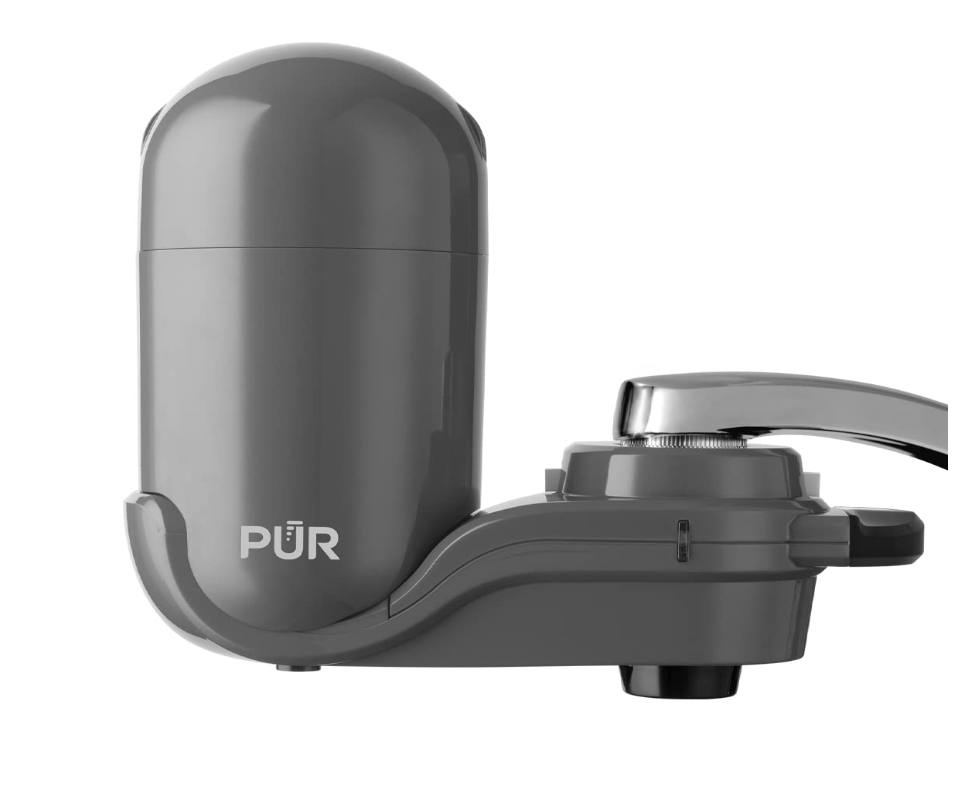Gut Health Myths Debunked: Separating Fact from Fiction
In recent years, gut health has become a hot topic in the wellness community, with countless products and diets claiming to improve your digestive wellbeing. However, not everything you hear about gut health is true. In this blog post, we’ll debunk some of the most common gut health myths, providing you with reliable information to help you make informed decisions about your digestive health.
What is Gut Health?
Your gut, or gastrointestinal tract, plays a crucial role in your overall health. It’s responsible for digesting food, absorbing nutrients, and eliminating waste. Additionally, your gut houses trillions of bacteria that form a complex ecosystem known as the gut microbiome.
This microbiome is involved in numerous bodily functions, including immune response and mental health. Therefore, maintaining a healthy gut is essential for your overall wellbeing.
Common Gut Health Myths
Myth 1: Probiotics Are the Ultimate Solution
While probiotics are beneficial bacteria that can support your gut health, they are not a magic bullet. Probiotics can be found in supplements and fermented foods like yogurt and sauerkraut. However, not all probiotics are the same, and their effectiveness can vary depending on the individual and the specific strains used.
For example, a study published in the Journal of Clinical Gastroenterology found that while some probiotic strains can aid in treating conditions like irritable bowel syndrome (IBS), others might not have the same effect. It’s crucial to consult with a healthcare provider to determine which probiotics, if any, are right for you.
Myth 2: A Gluten-Free Diet is Essential for Everyone
Gluten-free diets have become increasingly popular, but they aren’t necessary for everyone. Gluten is a protein found in wheat, barley, and rye, and while it can cause severe health problems for individuals with celiac disease or gluten sensitivity, most people can digest it without issues.
In fact, a study by the Mayo Clinic found that following a gluten-free diet without medical necessity can lead to nutrient deficiencies, as these diets often lack essential vitamins and minerals. If you suspect gluten is affecting your health, consult a healthcare professional for proper testing and guidance.
Myth 3: All Fiber is Created Equal
Fiber is essential for a healthy gut, but not all fibers are the same. There are two main types of fiber: soluble and insoluble. Soluble fiber, found in foods like oats and beans, dissolves in water to form a gel-like substance, which can help lower cholesterol and stabilize blood sugar levels.
Insoluble fiber, found in whole grains and vegetables, adds bulk to stool, aiding in regular bowel movements. For optimal gut health, it’s important to include a variety of fibers in your diet. The American Heart Association recommends consuming at least 25-30 grams of fiber per day from food sources.
Myth 4: Detox Teas Cleanse Your Gut
Detox teas have gained popularity as a quick fix for cleansing the gut, but they often do more harm than good. Many detox teas contain laxatives that can lead to dehydration, electrolyte imbalances, and dependency with prolonged use.
Your body is naturally equipped with detoxification systems, primarily the liver and kidneys, which efficiently eliminate toxins. Instead of relying on detox teas, focus on staying hydrated, eating a balanced diet, and exercising regularly to support your body’s natural detox processes.
Actionable Tips for a Healthy Gut
Eat a Diverse Range of Foods
A diverse diet is key to a healthy gut microbiome. Different bacteria thrive on different foods, so consuming a wide range of fruits, vegetables, whole grains, and legumes can promote a balanced microbiome.
Include Fermented Foods
Fermented foods like kimchi, kefir, and miso naturally contain probiotics that can bolster your gut health. Incorporating these foods into your diet can help maintain a healthy balance of gut bacteria.
Stay Hydrated
Drinking enough water is essential for digestion and the health of your gut lining. Aim for at least 8 cups of water a day, and adjust your intake based on activity level and climate.
Manage Stress
Chronic stress can negatively impact your gut health. Practices like meditation, yoga, and deep breathing exercises can help manage stress levels and support your digestive health.
Get Enough Sleep
Sleep plays a vital role in maintaining a healthy gut. A study in the Journal of Gastroenterology highlighted that poor sleep can disrupt the gut microbiome, leading to various health issues. Aim for 7-9 hours of quality sleep each night to promote a healthy digestive system.
Conclusion
Understanding the facts about gut health can empower you to make informed decisions and adopt practices that genuinely benefit your digestive system. By debunking these common myths and incorporating actionable tips into your daily routine, you can support your gut health and enhance your overall wellbeing. Remember, always consult with a healthcare professional before making significant changes to your diet or lifestyle.
Share this content:
About The Author
Discover more from J and J Fitness
Subscribe to get the latest posts sent to your email.





